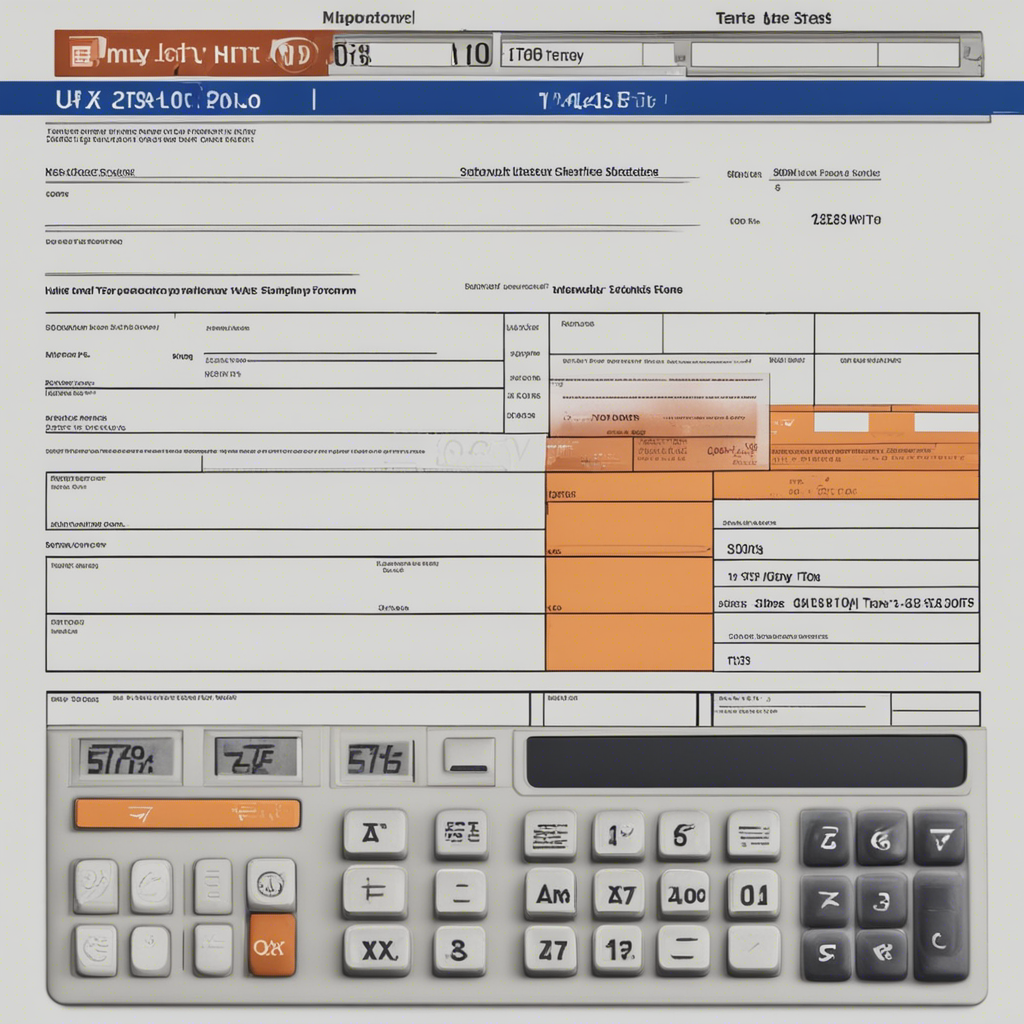
Retirement Planning: Start Early for a Secure Future
Retirement planning is a crucial aspect of personal finance that deserves careful consideration. It involves making financial decisions today to ensure a secure and comfortable future after you stop working. While retirement may seem far away, starting early can significantly impact your financial stability and peace of mind in old age. In this blog post, we’ll explore the importance of early retirement planning, key strategies to consider, and some potential pitfalls to avoid.
Why Start Early?
Starting early with retirement planning offers several advantages that shouldn’t be underestimated. The earlier you save and invest, the longer your money has to grow through compound interest and investment returns. By taking advantage of compounding, even small contributions made consistently over time can accumulate into a substantial retirement fund. Additionally, starting early allows you to weather market fluctuations and reduce the need for more aggressive savings later on.
Key Strategies for Early Retirement Planning
-
Set Clear Goals: Before delving into Retirement Planning, it’s essential to define your goals. Determine the lifestyle you envision for your retirement years and estimate the expenses that will come with it. Having specific goals will help guide your savings and investment strategies.
-
Create a Budget: Establishing a budget is a fundamental step in any financial plan. By tracking your income and expenses, you can identify areas where you can save more for retirement. Consider using budgeting apps or spreadsheets to monitor your progress and make adjustments as necessary.
-
Save Consistently: Consistency is key when it comes to retirement savings. Aim to save a percentage of your income regularly, even if it starts with small amounts. As your income grows over time, increase your contributions accordingly.
-
Maximize Employer Contributions: If your employer offers retirement benefits such as a 401(k) plan, take advantage of any matching contributions they provide. These matching funds essentially provide free money towards your retirement savings goals.
-
Diversify Your Investments: When investing for retirement, diversification is crucial to mitigate risk. Allocate your investment portfolio across different asset classes such as stocks, bonds, and real estate. Diversification can help reduce exposure to volatility and potentially enhance long-term returns.
-
Consider Tax-Advantaged Accounts: Explore tax-advantaged retirement accounts like Individual Retirement Accounts (IRAs) or Roth IRAs. These accounts provide unique tax benefits that can help maximize your savings over time. Consult with a financial advisor or tax professional to determine the best options for your specific circumstances.
-
Adjust and Review Regularly: As you progress through your career and personal life, regularly review and adjust your retirement plan. Changes in income, family size, or financial goals may require modifications to your savings and investment strategies.
Potential Pitfalls to Avoid
While a thoughtful and early retirement plan can set you on the right path, there are some pitfalls to be wary of:
-
Procrastination: Delaying retirement planning can severely limit your options and increase the need for aggressive saving in later years. Starting early helps alleviate the burden and gives you more flexibility.
-
Underestimating Expenses: Failing to accurately anticipate your future expenses can lead to inadequate savings. Consider factors such as healthcare costs, inflation, and unforeseen circumstances when estimating your retirement needs.
-
Overreliance on Social Security: Social Security benefits should not be solely relied upon to fund your retirement. The program may undergo changes, and benefits alone are unlikely to provide the comfortable lifestyle you desire.
-
Neglecting Risk Management: Protecting your retirement savings is just as crucial as accumulating wealth. Consider insurance policies such as life insurance, disability insurance, and long-term care insurance to safeguard your financial security.
Conclusion
Retirement Planning is a critical undertaking that necessitates early action and ongoing evaluation. By establishing clear goals, saving consistently, diversifying investments, and minimizing potential pitfalls, you set yourself up for a more secure future. It’s vital to stay informed, consult with professionals if needed, and adjust your retirement plan regularly to align with your changing circumstances. Remember, taking control of your retirement today will lead to a more comfortable and worry-free tomorrow.
References:
- Investopedia. (2021). Retirement Planning. Retrieved from https://www.investopedia.com/retirement-planning-5070509
- The Balance. (2021). Retirement Planning. Retrieved from https://www.thebalance.com/retirement-planning-4074004
Note: The references provided above are for informational purposes only and should not be considered as endorsements.






